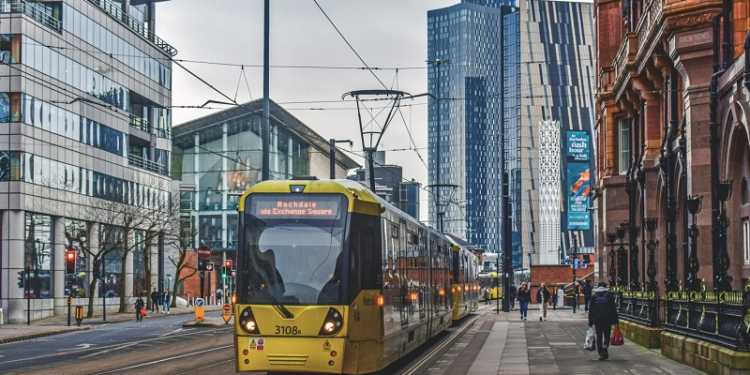Everyone agrees: selecting the right location for your business is a critical decision that can significantly impact your business’s overall success. And with many factors to consider, it can be daunting – not to mention overwhelming – to make your choice. It is especially true for businesses in the UK – there’s a lot of competition out there, regardless of where you are. Your business needs to stand out and get noticed; more importantly, it needs to make a sure profit. So here’s some advice for you on choosing the best location for your business. By following these essential tips, your business in the UK can grow and thrive.
- Assess your needs
The first step to selecting the best location for your business is to assess your specific needs. What type of business do you operate, and what is your target market? Consider the type of location that best suits your business operations. For instance, if you operate a retail shop, you would want to be in a high-traffic area. On the other hand, if you run a manufacturing facility, you may want a large warehouse with easy access to major transport routes – such as serviced offices in Manchester, and for this, click here.
- Consider your budget
When you have evaluated and assessed the needs of your business, it’s time to think about your budget. And think about it as carefully as possible, as the cost of leasing or purchasing a commercial property can vary significantly based on the location, the type of property you need, and its size. Overall, you want a location that meets your business’s needs and is within your budget.
- Evaluate the competition
Another critical factor to think about when choosing a location is the competition in the surrounding area. Do research on other businesses in the same industry – evaluate their target markets, locations, and pricing strategies. You’d want to find a place that offers a competitive edge while giving you access to potential customers.
- Assess the local workforce
You should also assess the talent in the area, so your location’s workforce is another valuable factor to consider. For example, you want a location that has a pool of skilled workers with the expertise your business requires. You can research local talent by reviewing local employment rates, job postings, and the availability of local training schemes and programmes.
- Think of infrastructure
The infrastructure of a location also plays a significant role in your business’s success. Factors such as public transportation options, transportation routes, and access to utilities (such as electricity and water) will play a big role. In addition, look for a location that makes it easy for your customers and staff to access your business.
- Evaluate the surrounding community
The local community can also impact your business – in other words, consider factors such as the population demographics, the local economy, and the community’s attitudes toward businesses. Find a location, for instance, that is supportive of businesses (especially new ones!) and has a strong local economy.
- Consider your needs for the future
It’s also essential to think about your business’s future needs. For instance, will you need more space for expansion? Do you think you will hire more employees? Are you looking to expand your operations into new markets? The location of your business should accommodate your future growth.




























